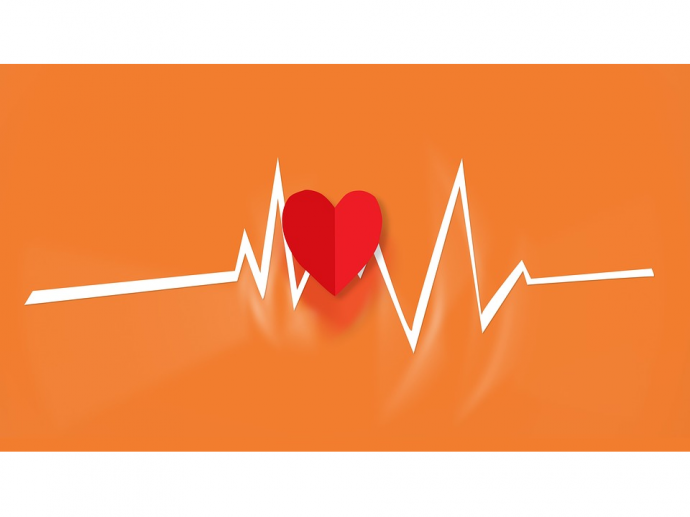Categories more
- Adventures (17)
- Arts / Collectables (15)
- Automotive (37)
- Aviation (11)
- Bath, Body, & Health (77)
- Children (6)
- Cigars / Spirits (32)
- Cuisine (16)
- Design/Architecture (22)
- Electronics (13)
- Entertainment (4)
- Event Planning (5)
- Fashion (46)
- Finance (9)
- Gifts / Misc (6)
- Home Decor (45)
- Jewelry (42)
- Pets (3)
- Philanthropy (1)
- Real Estate (16)
- Services (23)
- Sports / Golf (14)
- Vacation / Travel (59)
- Watches / Pens (14)
- Wines / Vines (24)
- Yachting / Boating (17)
How Much Coffee A Day Is Safe? Let’s Find Out!
Published
02/27/2023Many people rely on coffee for their day-to-day routine. Whether you enjoy it for its flavor or rely on it for a morning energy boost, there's no denying that coffee is a popular beverage. However, with all the conflicting information out there about the potential health effects of coffee, it can be difficult to know how much is safe to drink. We'll explore the latest research into how much coffee is safe for the average person today.
The Health Benefits of Coffee
First, it's important to note that coffee has been linked to several potential health benefits. Studies have shown that moderate coffee consumption (defined as 3-4 cups per day) may reduce the risk of several chronic diseases, including:
- Type 2 diabetes
Type 2 diabetes is associated with a lower risk of development when regular coffee consumption is observed. - Heart disease
There is some evidence that drinking coffee may reduce stroke and heart disease risks. - Parkinson's disease
Drinking caffeine reduces Parkinson's disease risk by 60%, according to studies. - Alzheimer's disease
Some research has suggested that coffee may help protect against Alzheimer's disease and dementia. - Liver disease
Regularly drinking coffee hinders the development of liver diseases, including liver cancer and cirrhosis.
It's important to remember that these potential health benefits are likely due more to various compounds in coffee than to caffeine alone. Caffeine does not necessarily lead to more incredible health benefits.
Caffeine and its Risks
On the other hand, there are certain risks associated with excessive caffeine consumption. These risks can include the following:
- Anxiety
Caffeine can increase feelings of anxiety and nervousness, especially in people with sensitivity to caffeine. - Digestive Issues
Some people may experience digestive issues such as acid reflux or diarrhea after drinking a lot of caffeine. Similarly, to avoid digestive problems and inflammation, one should watch their daily sugar intake. Studies suggest that there is a direct connection between the consumption of sugar and inflammation. So, track what you eat. - Increased Heart Rate
Caffeine can increase some people's heart rate and blood pressure, which can be problematic for those with certain heart conditions.
So, How Much Coffee is Safe?
Based on the available research, moderate coffee consumption is generally safe for most people. So, is coffee inflammatory? Then yes, it can cause inflammation if not taken in moderation.
Four cups of coffee a day or 400 milligrams of caffeine is the recommended daily caffeine intake for adults. This recommendation is for healthy adults only and may not apply to everyone. Depending on their sensitivity to caffeine, some people should limit their intake.
It's also worth remembering that many coffee drinks from popular coffee chains contain much more caffeine than a standard cup of coffee. For example, a grande-sized Starbucks coffee contains 330 milligrams of caffeine, which is already close to the daily recommended limit for caffeine consumption. So, if you're a frequent coffee drinker who enjoys specialty drinks, in that case, it's crucial to keep track of your caffeine intake and make adjustments as necessary.
How do you know if you've consumed enough caffeine?
As a stimulant, caffeine can have different effects on different people. While some people can consume large amounts of caffeine without any problems, others can experience unpleasant symptoms even with small doses.
The following signs may indicate that you have consumed more caffeine than your body can tolerate:
- Jitteriness and restlessness
You may have exceeded your tolerance level if you feel anxious, nervous, or restless after consuming caffeine. This is because caffeine stimulates the central nervous system and increases adrenaline production, leading to the " flee or fight" reflex. - Insomnia
Consuming excessive caffeine can make it difficult to fall asleep or stay asleep. This is because caffeine blocks the release of adenosine, a natural compound that promotes sleep. You may need to cut back on your caffeine consumption if you have trouble sleeping at night. - Digestive Issues
In some people, caffeine stimulates the digestive system and cause diarrhea, nausea, or stomach cramps in some people. This is because caffeine increases acid production in the stomach and irritates the digestive tract. - Headaches
While caffeine can relieve headaches for some, it can also trigger them in others. If you experience headaches after consuming caffeine, you may want to reduce your intake. - Rapid Heartbeat
Caffeine can increase some people's heart rate and blood pressure, which can cause palpitations or a racing heartbeat. This is because caffeine blocks the action of adenosine, a natural compound that slows down the heart rate.
If you experience any of these symptoms after consuming caffeine. You may have exceeded your tolerance level if you experience this. It would be best if you consumed caffeine in moderation to avoid these unpleasant side effects.
Final Thoughts
Moderate coffee consumption is generally safe and may even provide some health benefits. Nevertheless, it's essential to listen to your body when it comes to caffeine intake. Coffee may interfere with your sleep or make you feel anxious, so cut back or switch to decaf. The key to eating and drinking in moderation is keeping things balanced.




















